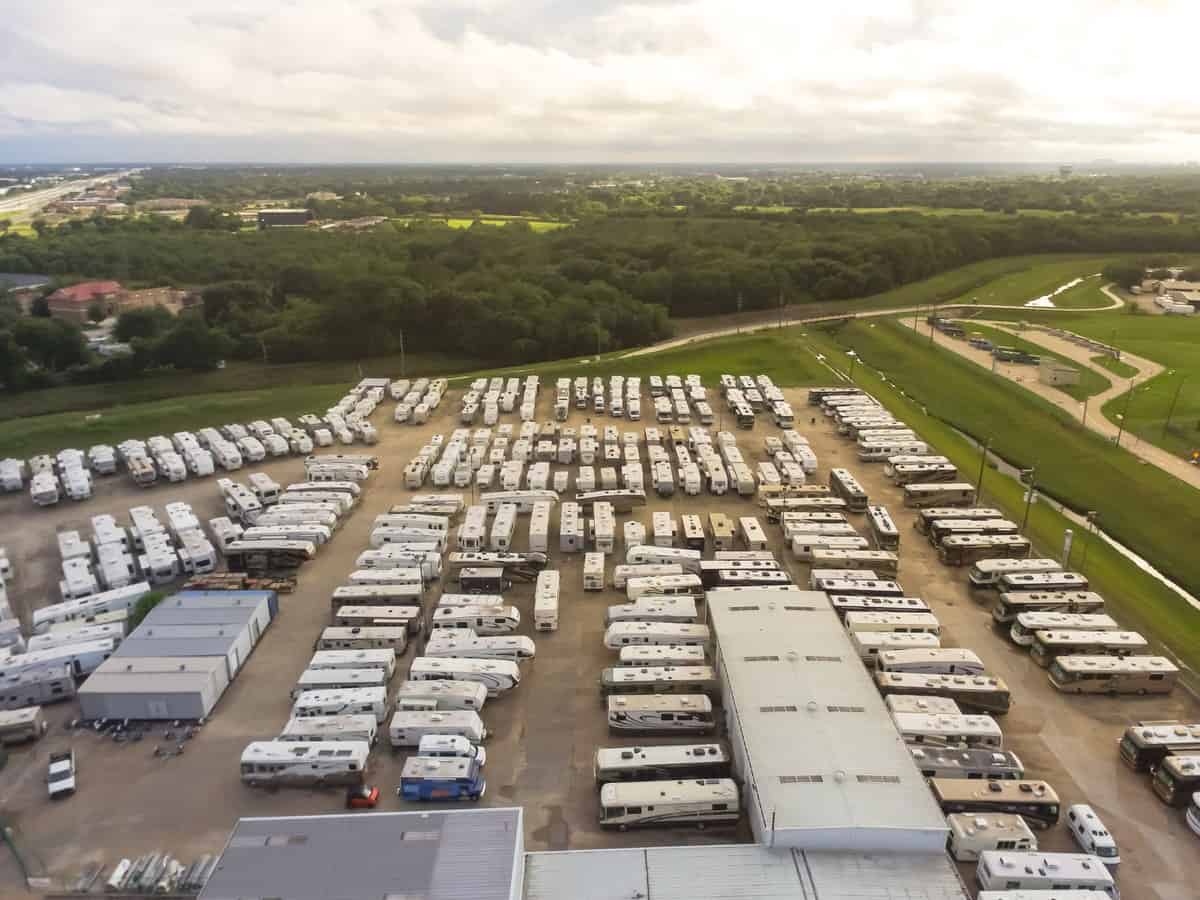
RV Tech Schools May Play A Significant Role In Post-Pandemic Recovery
You have no doubt read reports about how RVing is America’s next vacation. As more Americans purchase, rent, and travel in RVs, we will need more RV technicians.
According to an op-ed from the Atlanta Journal-Constitution and an article by the RV Industry Association (RVIA), trade schools like RV tech schools may be paramount in the post-pandemic economic recovery.
Post-pandemic education
In the op-ed, Tavarez Holston, the Georgia Piedmont Technical College president, states,
“The road to economic recovery can be traveled in two years or less. I stand firmly on this proclamation. Why? I believe two-year, technical, and community colleges are poised and ready to train the nation’s post-pandemic workforce.”
Holsten points out that many businesses have been forced to ramp up their automated workforce in the last year. With fewer unskilled jobs available, trade schools can help quickly upskill the labor force in essential and specific areas. In many cases, these industry-specific training programs are much more affordable than getting a university degree, and many of these institutes have excellent job placement programs.
The RVIA acknowledged the importance of technical schools on economic recovery in a March 2021 article. In the article that references Holston’s op-ed, they stated, “…the RV Technical Institute is ready to help fill the gap created by a growing demand for skilled workers.”
Why RV tech schools may help
A quick search on the internet will revival articles mentioning a need for more RV techs as far back as 2018.
In January of 2021, the RVIA said, “There are roughly 15,000 RV service technicians nationwide. [it’s] estimated that there is still a demand for more than 20 percent more for the industry to be able to keep up.”
The news organization Newsy and the Executive Director of the RV Technical Institute, Curtis Hemmeler, discuss the current state of the RV industry and the need for RV technicians in the following video.
The RV Technical Institute (RVTI) was created to help make a standardized training curriculum and career path for those wishing to go into the field. They have teamed up with Authorized Learning Partners in places around the country.
The RVIA lists several reasons why the RVTI is an excellent choice for those looking to increase their skillset or embark on a new career path. They claim 100% job placement, a steady career ladder, and lifelong learning, to name a few.
The RVTI is not the only RV training game in town. The National RV Training Academy (NRVTA), the Recreational Vehicle Service Academy (RVSA), and others offer training as well. The RVSA has even teamed up with the RVTI to help keep curriculum standardized and offer training to a broader array of students.
Looking forward
As we continue to feel our way through the economic recovery in the coming months and years, a couple of things are sure. The labor market landscape has changed quite a bit in the last year. Those changes will require some people to learn new trades, and those new to the workforce will want to learn skills in growing industries. The RV industry will most likely continue to be one of those growing markets.
Want to know if an RV tech course is worthwhile, or would like to hear from fellow RVers who have taken the courses? The iRV2 forums are filled with RVers who have taken courses to work on their own RVs. You can post questions and discuss all things RVing, and best of all, it’s free to sign up.




